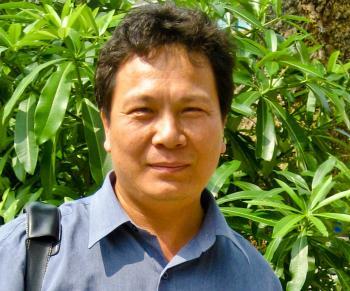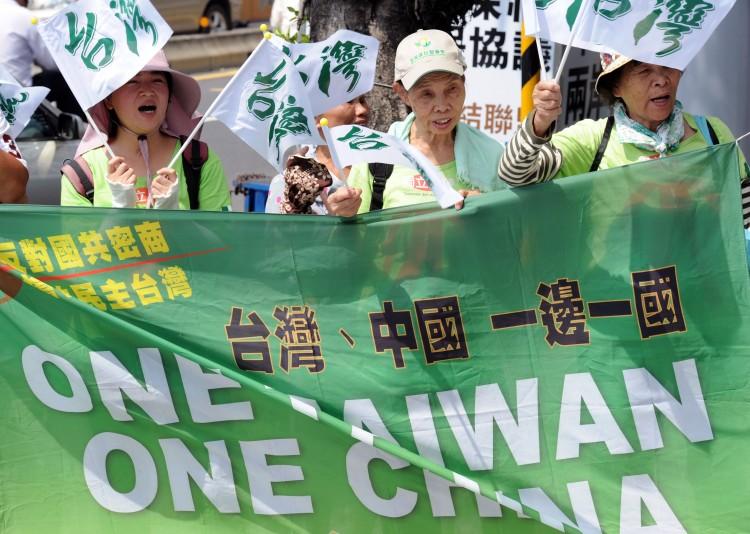TAIPEI–Taiwan Legislator Tien Chiu-chin and a group of human rights attorneys have proposed laws to ban serious human rights violators from visiting Taiwan. The announcement came at a press conference Dec. 10—International Human Rights’ Day.
Five high-ranking Chinese Communist Party officials who have recently been indicted by a Spanish court for their role in the torture and genocide of Falun Gong practitioners would be impacted by the proposed legislation: They could face arrest if they came to Taiwan.
“Taiwan is at a critical historic juncture,” Tien said. “ If a country chooses wealth over freedom, it will lose both some day. Taiwan is facing such a moral crisis,” she said.
Responsibility to the International Community
There is currently no legislation in Taiwan to assist the international community in arresting perpetrators of genocide and torture. The lack of domestic legislation addressing the issue hinders the implementation of these international conventions, according to former Taiwan Human Rights’ Committee Chair Chiu Huang-chuan and Judicial Reform Foundation Executive Director Lin Feng-jeng.
Mr. Chiu said that the drafting and approval of the four laws they are proposing would serve as a testament of Taiwan’s commitment to shoulder its responsibilities in the international community. Mr. Lin said that the government can bring Taiwan in line with the international community on human rights through the implementation of these laws.
Immigration and border laws should be modified to ban human rights’ violators from entering Taiwan, according to Theresa Chu, CEO in Asia for the U. S. Human Rights’ Law Foundation, who also spoke at the press conference. Ms. Chu said that the government needs to modify the rules affecting those who physically harm others and facilitate their extradition.
Legislator Gao Jyh-peng, also addressed the importance of the legislation. He encouraged the Taiwanese people to stand up and not bow to pressure from mainland China.
Mr. Chang Ching-hsi, chairman of Taiwan’s Falun Dafa Association, thanked Tien on behalf of Falun Dafa practitioners. He said that the persecution of Falun Gong by the Chinese Communist Party has been going on for ten years, yet Falun Gong practitioners are not the only victims of the CCP’s tyranny. “The law protects everyone equally. If more laws can be passed to protect the rights of Falun Gong practitioners, others who have suffered can benefit as well,” Chang said.
The Spanish Court is expected to issue international arrest warrants. Countries with extradition agreements with Spain can cooperate with the lawsuit and extradite the defendants—Jiang Zemin, Luo Gan, Bo Xilai, Jia Qinglin and Wu Guan—to face trial in Spain.
Read the original Chinese article.





